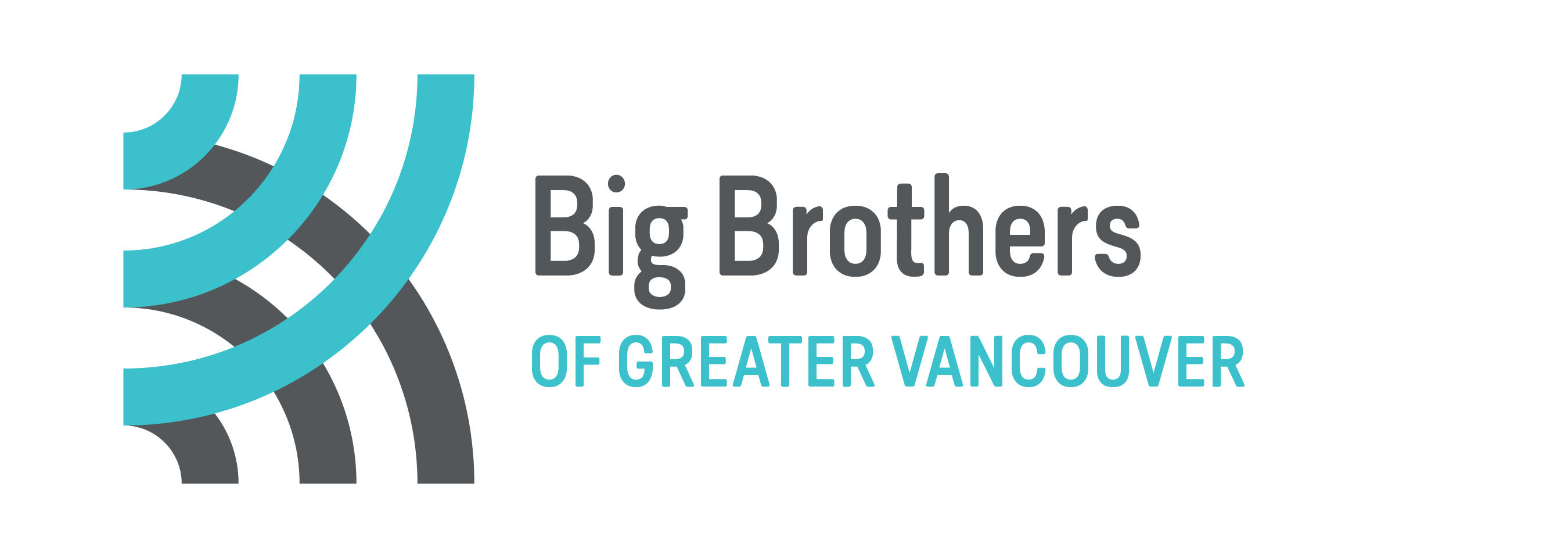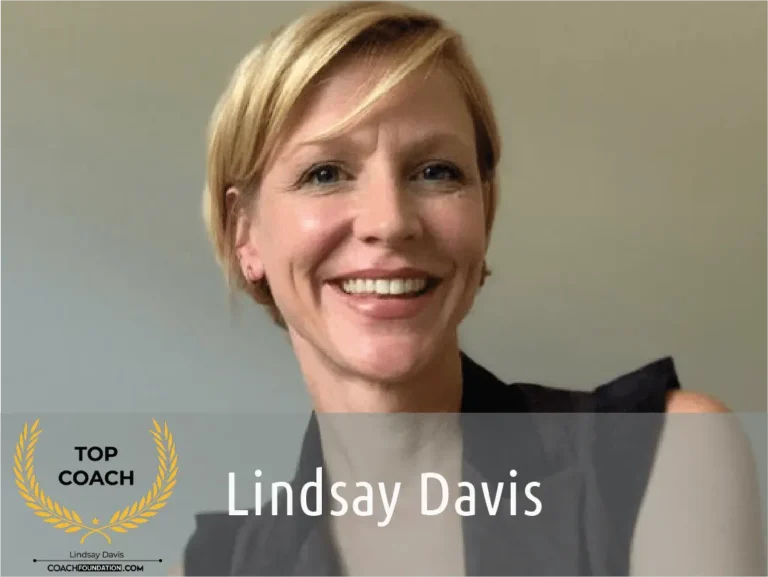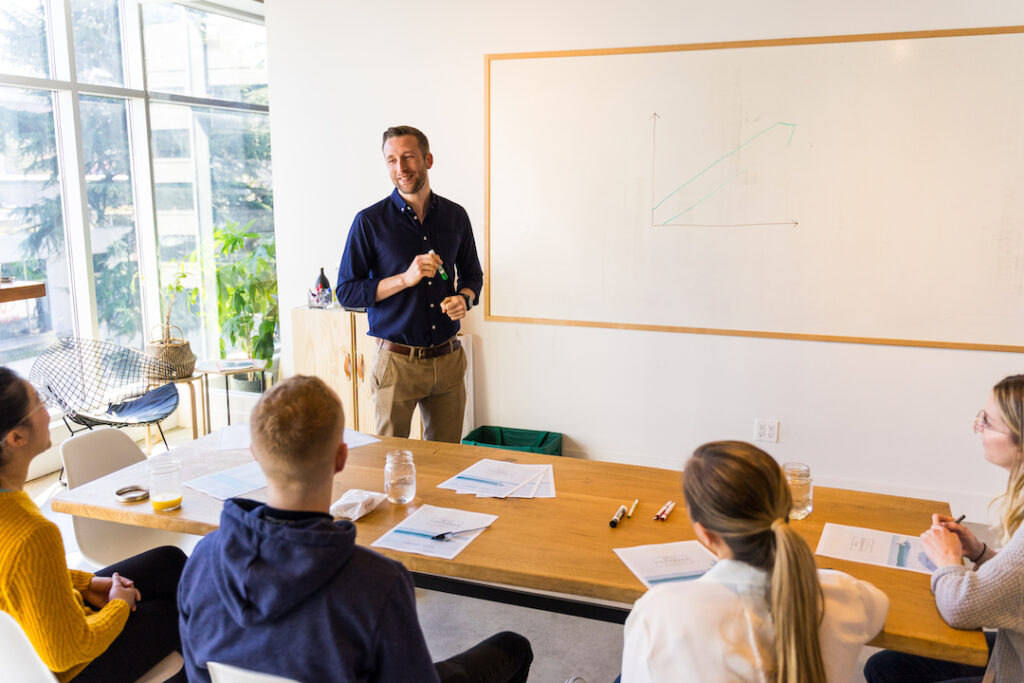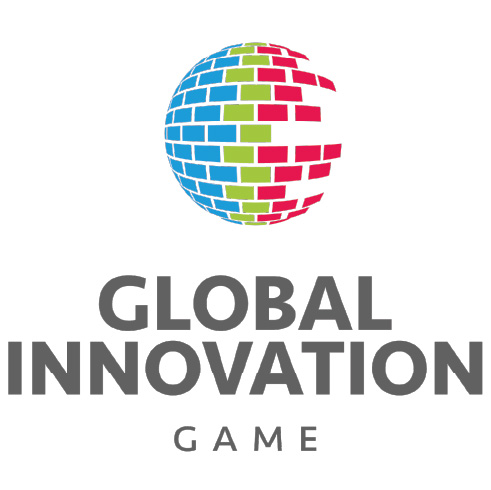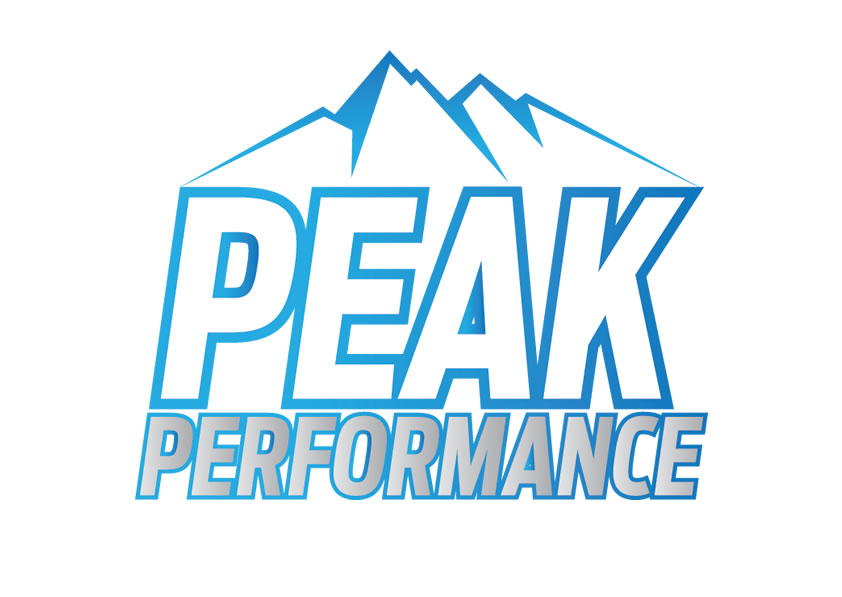Introduction
Selecting the right team-building facilitator is a pivotal decision that can shape your team’s future. It’s about finding a balance between fun and functional, where activities not only entertain but also build stronger, more cohesive teams. Let’s dive into how making this choice can lead your team to enhanced collaboration and productivity.
“You can discover more about a person in an hour of play than in a year of conversation.” – Plato

Introduction to Team Building and Its Importance
Selecting the right team-building facilitator can significantly influence the success of your business. It’s not just about organizing activities; it’s about ensuring these activities align with your team’s goals and the company’s culture. A facilitator who understands your needs can turn a simple team outing into a powerful tool for enhancing team dynamics and productivity. The right choice in this area can mean the difference between a team that merely functions and one that thrives, driving your business toward its objectives with cohesion and efficiency.
The importance of making an informed decision when choosing a facilitator cannot be overstated. A facilitator with a proven track record can identify and bridge gaps within your team, fostering an environment where open communication and collaboration are the norms. This external perspective is invaluable for pinpointing issues that may not be apparent from the inside and for implementing strategies that promote long-term team health. Ultimately, the right facilitator can elevate your team’s performance, directly impacting your organization’s success.
In Summary:
- Team building is essential for fostering unity and improving collaboration within organizations.
- Choosing the right facilitator is crucial for the success of team-building activities.
- Positive Impact specializes in creating tailored team-building experiences that address specific organizational needs.
Additional Tip: Always communicate your team’s specific goals and challenges to your facilitator; this ensures the activities are as relevant and impactful as possible.
Key Considerations in Selecting a Team Building Company
Evaluating a team-building company’s experience and expertise is crucial for ensuring they can meet your specific needs. A company with a history of success in facilitating team-building events likely has the skills to craft sessions that are not only enjoyable but also meaningful and aligned with your goals. This expertise is essential for fostering growth and development within your team, making your investment in team building more likely to yield tangible benefits.
The variety of activities a company offers is also important. A broad range of options means that your team can engage in ways that truly resonate with them, making the experience more impactful. A company that can tailor its offerings to suit your team’s size, preferences, and objectives can provide a more personalized and effective team-building experience. This flexibility ensures that your team-building efforts are a valuable investment in your team’s future.
In Summary:
- Experience and expertise in team building are crucial for a successful event.
- A diverse range of activities caters to different preferences and enhances engagement.
- Customization of activities to align with organizational objectives maximizes the impact of team building.
Additional Tip: Look for a team-building company that actively seeks to understand your team’s unique dynamics and goals, as this customization will lead to more meaningful outcomes.
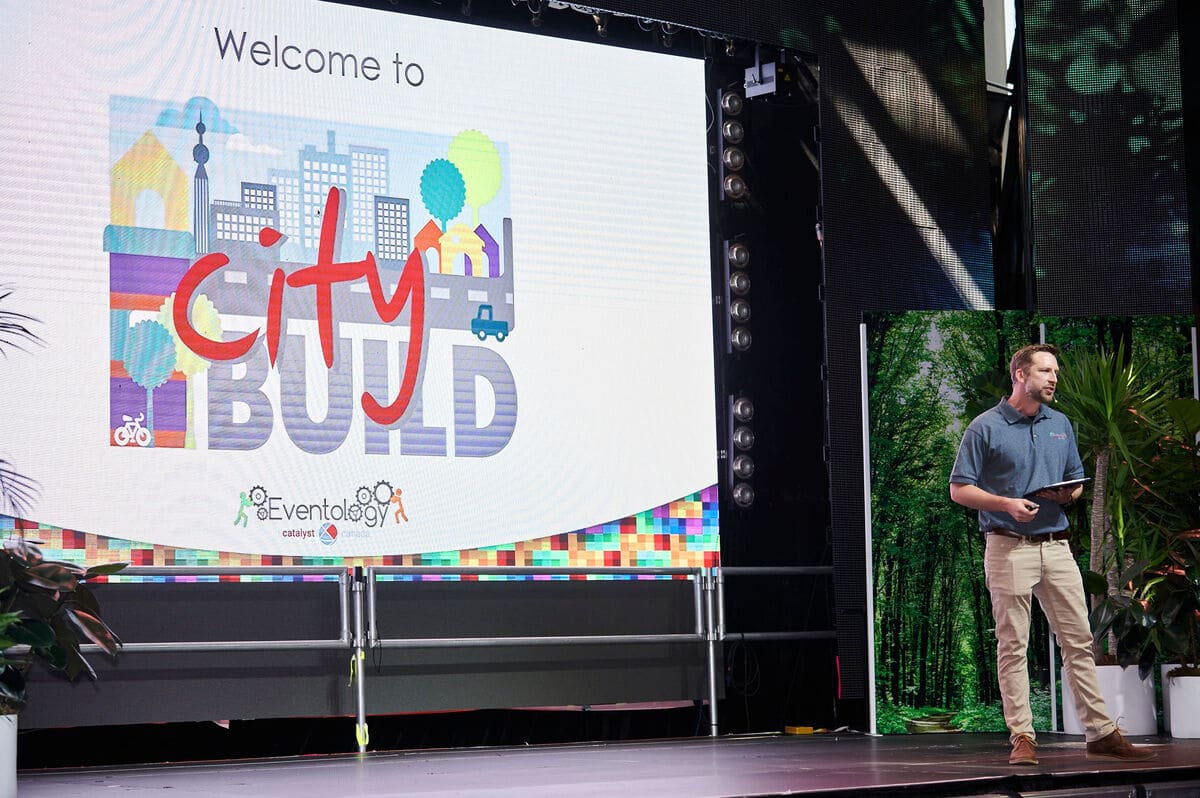
The Benefits of Hiring a Team Building Facilitator
Engaging a professional team-building facilitator can transform your team’s dynamics and efficiency. These experts bring a deep understanding of how to foster collaboration and trust among team members, tailoring their approach to meet your specific needs. Further, a skilled facilitator will often ask for bios of the people attending or will conduct a series of short interviews with team members from a cross-section of the business to best understand who they’re working with. This targeted facilitation can help your team overcome obstacles more effectively, making your organization more agile and better equipped to meet its challenges.
A facilitator also offers an objective viewpoint, often revealing underlying issues that may not be visible from within. This external perspective is crucial for addressing and resolving conflicts, enhancing team dynamics, and improving overall performance. By facilitating a process of reflection and learning, a skilled facilitator can help your team make lasting improvements that continue to benefit your organization well into the future.
In Summary:
- Facilitators bring expertise in group dynamics and team development.
- An objective perspective from a facilitator can uncover and address underlying team issues.
- Facilitated activities promote understanding, trust, and cooperation among team members.
Additional Tip: Ensure regular follow-ups with your facilitator after the team building session to reinforce learned behaviors and continue the momentum towards positive change.
Understanding the Importance of Team Building in the Workplace
Team building is a strategic investment that can significantly impact your organization’s culture and performance. By improving communication and collaboration, team building activities can make your team more effective and efficient in their daily tasks. This not only enhances productivity but also fosters a workplace environment where innovation and continuous improvement are part of the norm.
The long-term benefits of team building extend beyond immediate improvements in team performance. They contribute to a stronger, more cohesive team culture, where members feel valued and connected. This sense of belonging can lead to increased employee satisfaction and retention, further enhancing your organization’s ability to achieve its goals. Investing in team building is, therefore, investing in the foundation of your company’s success.
In Summary:
- Team-building enhances communication and problem-solving skills within teams.
- It contributes to a culture of continuous improvement and innovation.
- Investing in team building leads to long-term benefits for team performance and organizational success.
Additional Tip: Incorporate team building into your regular training schedule to ensure continuous development and reinforcement of positive team dynamics.
Challenges in Planning and Executing Team Building Activities
Finding the time and resources to plan effective team-building activities can be a significant challenge. Busy schedules and budget constraints often limit what organizations can do. However, partnering with the right team-building company can alleviate these concerns. A company that offers flexible and scalable solutions can help you navigate these challenges, ensuring that your team-building efforts are both manageable and effective.
Lack of expertise in designing and facilitating team-building activities is another common obstacle. This is where the value of a professional facilitator becomes clear. With their experience and skills, they can create a program that engages your team and meets your objectives, turning potential challenges into opportunities for growth. This expertise ensures that your investment in team building is well spent, leading to a more cohesive and motivated team.
In Summary:
- Time and resource constraints can make planning team-building activities challenging.
- Lack of expertise in effective program design is a common obstacle.
- Positive Impact offers flexible and expertly designed solutions to overcome these challenges.
Additional Tip: Consider conducting a needs assessment with your team before planning activities. This will help you identify the most pressing challenges and tailor your team-building efforts accordingly.
The Role of a Team Building Facilitator Explained
A team-building facilitator’s role is to design and lead activities that promote teamwork and effective communication. By understanding your team’s unique dynamics and objectives, they can create customized experiences that foster growth and collaboration. This targeted approach ensures that team-building activities are more than just fun outings; they are opportunities for real development and improvement.
Creating a supportive environment where everyone feels comfortable participating is another key responsibility of a facilitator. This atmosphere is crucial for encouraging open dialogue and building trust among team members. By ensuring that each person’s voice is heard, a facilitator can help strengthen the team’s bond and improve its ability to work together effectively. Their ability to navigate group dynamics and facilitate meaningful discussions makes them an invaluable asset in your team-building efforts.

In Summary:
- Facilitators design activities that enhance teamwork and communication.
- They create a safe and supportive environment for all participants.
- Positive Impact’s facilitators ensure activities are tailored to meet the team’s specific needs.
Additional Tip: Provide feedback to your facilitator about your team’s experience. This information is crucial for refining future activities to better meet your team’s needs.
Designing and Facilitating Effective Team Building Sessions
The success of team-building sessions hinges on thoughtful design and skilled facilitation. Understanding your team’s needs allows a facilitator to create activities that challenge and engage in meaningful ways. This careful planning ensures that each session contributes to building a stronger, more cohesive team. Team-building activities span a wide spectrum, from light-hearted ice-breakers and bell-laugh fun designed to break down barriers and warm up the group, to more intensive developmental activities that focus on building specific skills or addressing team challenges. These activities can range from simple games and exercises to complex simulations and workshops that require deep engagement and collaboration. Effective facilitation keeps everyone engaged and ensures the activities are relevant and impactful, making the team-building experience valuable for all participants.
Facilitators also play a crucial role in navigating teams through the Tuckman Model stages—forming, storming, norming, and performing—during team-building sessions. This framework serves as a guide for designing activities that support teams at each stage of their development, making the sessions more impactful. By focusing on the specific needs and challenges of each stage, facilitators can tailor the team-building experience to foster stronger bonds and enhance team dynamics. Debriefing sessions, aligned with the Tuckman Model, allow teams to understand their current stage, reflect on the progress made, and identify strategies for moving forward. This deliberate approach ensures that the team-building activities not only address immediate issues but also support long-term development and cohesion. By leveraging the Tuckman Model, facilitators help teams evolve from initial formation to high performance, ensuring that the benefits of team-building efforts are deeply integrated into the workplace.
In Summary:
- Effective session design is based on thoroughly understanding the team’s needs.
- Skilled facilitation ensures engagement and meaningful participation.
- Debriefing sessions help solidify learning and encourage application in the workplace.
Additional Tip: Encourage team members to set personal goals for the team-building session. This can increase engagement and make the experience more relevant to each individual.
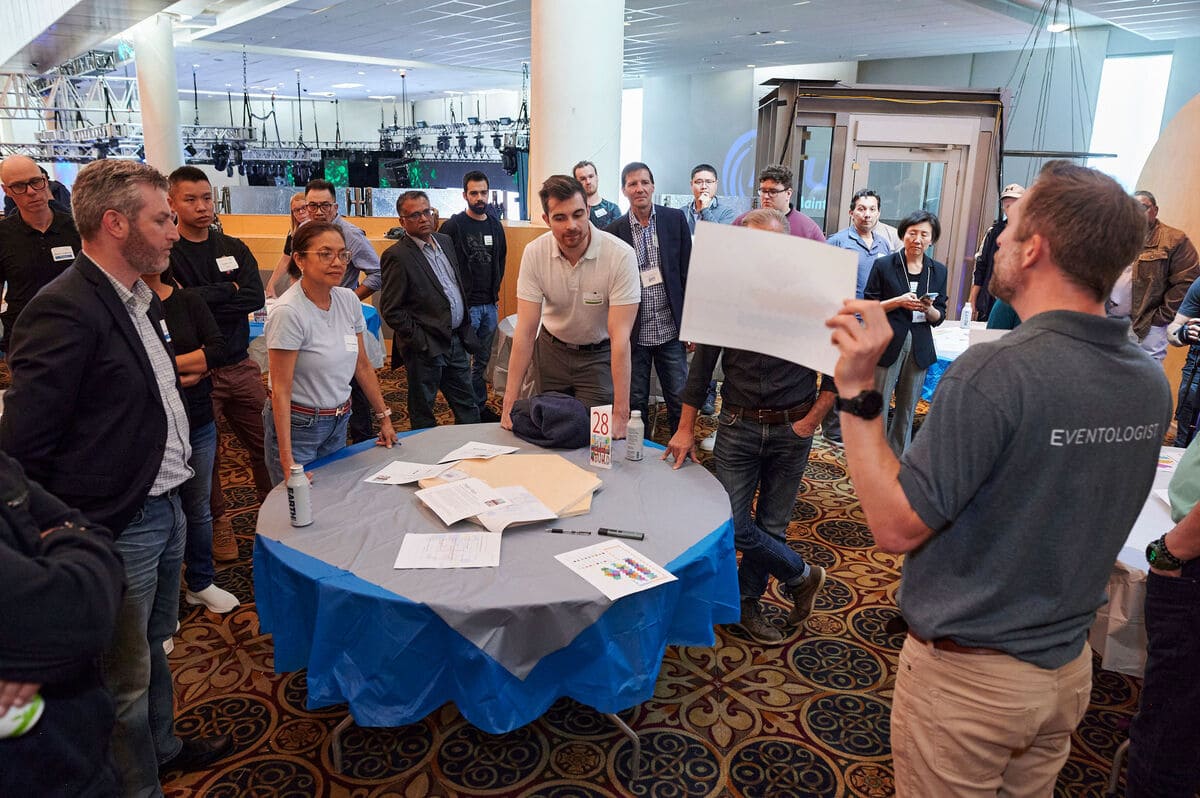
The Impact of a Team Building Facilitator on Organizational Success
The role of a team-building facilitator is critical in shaping the effectiveness of team-building initiatives. Their expertise in designing and leading activities that promote better communication, collaboration, and trust can transform your team’s dynamics. This transformation is not just about improving how your team works together; it’s about laying the groundwork for sustained organizational success. By choosing the right facilitator, you can ensure that your team-building investment pays off, resulting in a more cohesive, efficient, and motivated team.
Organizations that leverage the skills of experienced facilitators can expect to see significant improvements in their team’s performance. These changes can lead to a more engaged and productive workforce, capable of achieving the company’s strategic goals. The impact of a facilitator extends beyond the team-building sessions themselves, contributing to a stronger, more resilient organization. Investing in a facilitator is, therefore, a strategic move that can enhance your team’s effectiveness and your organization’s overall success.
In Summary:
- Professional facilitation leads to improved communication and collaboration.
- Investing in team building is an investment in organizational success.
- Positive Impact’s facilitation services transform teams and foster a culture of continuous improvement.
Additional Tip: Regularly integrate team building into your organizational development strategy. This ensures that the benefits of facilitation are sustained and built upon over time.
Conclusion
In conclusion, the impact of a well-chosen team-building facilitator on your team’s dynamics and your organization’s success is profound. By focusing on key considerations and leveraging the expertise of a skilled facilitator, you can transform your team into a more unified, efficient, and motivated group. The right facilitator can lay the groundwork for lasting organizational growth.
FAQ
- How do I assess if my team needs a team-building facilitator?
- Evaluate your team’s current dynamics, communication patterns, and productivity levels. If you notice frequent misunderstandings, lack of cohesion, or underperformance, these could be signs that a facilitator could help improve team interaction and effectiveness.
- What criteria should I use to select the right facilitator for my team?
- Look for a facilitator with experience relevant to your team’s industry or challenges, strong testimonials from previous clients, and an approach that aligns with your team’s culture and values. It’s also beneficial if they have a methodology for measuring the impact of their sessions.
- How can team-building facilitation be tailored to fit remote or hybrid teams?
- Many facilitators now offer virtual team-building sessions using online collaboration tools to engage team members. Ask potential facilitators about their experience with remote teams and how they plan to ensure interactive and impactful sessions in a virtual setting.
- What should I expect in terms of investment for hiring a team-building facilitator?
- Costs can vary widely based on the facilitator’s experience, the length of the session, and any customizations required for your team. It’s best to discuss your budget and expectations upfront to find a facilitator who can work within your parameters while still meeting your objectives.
- How do we integrate the outcomes of team-building facilitation into our daily operations?
- Work with your facilitator to develop actionable steps and follow-up strategies post-session. This might include setting specific goals, regular check-ins to assess progress, and incorporating team-building principles into everyday work practices.
- Can a team-building facilitator help resolve existing conflicts within the team?
- Yes, facilitators are often skilled in conflict resolution and can design sessions that address underlying tensions, promote open communication, and help team members find common ground. Be sure to communicate any specific issues to the facilitator beforehand.
- What’s the difference between a team-building facilitator and a corporate trainer?
- While there may be some overlap, team-building facilitators focus specifically on improving team dynamics, communication, and cohesion through interactive activities. In contrast, corporate trainers often focus on developing individual skills and knowledge related to job performance.



